By self-studying, researching documents, and with the support of the State, many ethnic minority farmers in Lam Dong decided to start their own businesses right in their hometown. In recent times, many villages and hamlets here have formed many effective economic development models, contributing to creating jobs for many workers and building a rich and beautiful homeland.
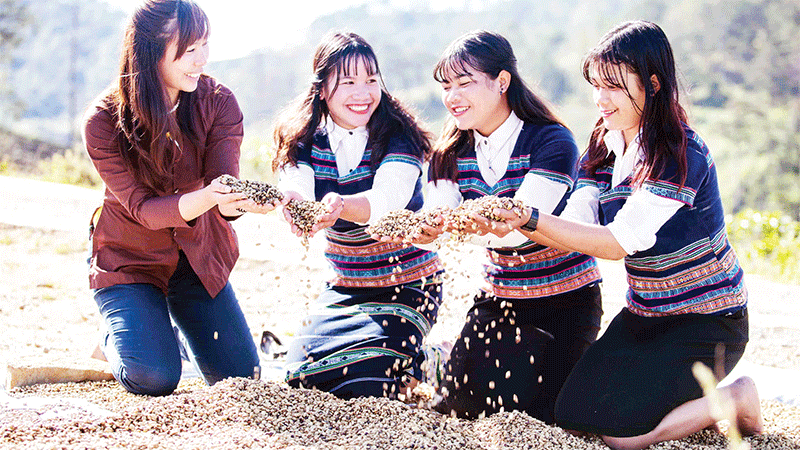 Coffee of the Co Ho people on the Langbiang plateau is very popular.
Coffee of the Co Ho people on the Langbiang plateau is very popular.Going beyond traditional farming methods, the Co Ho ethnic girls in Dinh Trang Hoa commune, Di Linh district, pioneered the application of ecological agricultural practices, with the desire to bring the best coffee beans made by the Co Ho people to everyone.
In 2022, the Oh mi Koho coffee cooperative was established, with the participation of eight female members representing six Co Ho households in this land. “The name is simply coffee of the Co Ho brothers. We have to make delicious, quality coffee beans to affirm that brand,” said Ms. Ka Jan Lum, Head of Oh mi Koho coffee.
Di Linh is a major coffee producing area in Lam Dong province, but due to the ethnic minorities here having traditional farming habits, the coffee trees are getting older, reducing productivity and quality. Many farmers have to invest heavily but the income they bring is insignificant.
Unable to bear the crop failure, Ms. Lum's group decided to visit effective coffee production models in neighboring areas. According to Ms. Lum, for a long time, the Co Ho people in this land have rarely applied science and technology in production, now they need to change their thinking to develop.
Carefully selecting each coffee bean, Ms. Lum said that more than five years ago, the members of the eight households in the current cooperative were the first farmers to leave their villages to study organic farming. With what they learned, they returned to their villages and implemented natural farming methods.
“We want Oh mi Koho coffee to become a symbol of solidarity, innovation and growing together,” said Ms. Lum.
Currently, the cooperative has full equipment and processing machines; has a factory and operating team; Oh mi Koho coffee products are certified as 3-star OCOP and importantly, the source of income has brought smiles to the cooperative members.
Recently, Oh mi Koho coffee has welcomed dozens of ethnic minority groups from all over the province to visit and exchange experiences. “Oh mi Koho coffee’s way of doing things has changed our way of thinking,” said Mr. K’Brèn in Bao Lam district, Lam Dong province.
In the Central Highlands, after upland rice and wet rice, coffee trees have long been associated with the people of the highlands, contributing to creating livelihoods and helping many villages become prosperous.
Going up the Langbiang plateau, I went to Yu M'nang cafe to hear the story of Lieng Jrang K'Cham, a girl born in 1990, a Co Ho ethnic in Da Sar commune, Lac Duong district, Lam Dong, who opened a business in the middle of the village.
After graduating from university with a bachelor's degree in English, K'Cham went to work for a foreign company specializing in purchasing and processing coffee in Lam Dong. "After a long time working for a foreign company, I thought that if I studied hard, I could do the same as them.
In 2019, I decided to stop working for hire and return to the village to find my own path,” K’Cham shared. The idea of starting a business came true at the foot of Yu M’nang hill with a coffee growing and processing facility. After more than four years of starting a business, K’Cham’s clean coffee processing facility has become known to many people, creating a stable income for his family and contributing to changing the mindset of young people in the area.
Currently, Yu M'nang's coffee products are distributed through many channels on social networks, sold online and consumed directly at the stop called "the Doi tree on the hill". K'Cham also takes advantage of coffee beans that do not meet the standards for beverage processing to combine with grapefruit peel, lemongrass, lavender... to process natural shampoos for domestic and foreign consumers.
"There are many stories about the Co Ho people making clean coffee in Lam Dong, it's hard to tell them all," K'Cham proudly said.
Indeed, Ha Hoang, Head of the Cho Mui Coffee Cooperative, produces organic coffee and creates the Cho Mui coffee brand that meets 3-star OCOP standards; or Rolan's "K'Ho Coffee", Uck Bondong's "92 farm"... are spreading their fragrance in the international market.
“Now when I return to the village, I often hear stories about changing mindsets in economic development, stories about working together to build villages… very lively,” Vice Chairman of the Vietnam Fatherland Front Committee of Bon Yo Soan province shared.
In the remote area of Phuoc Cat, Da Huoai district, the conditions are not very favorable, but with great determination and breakthrough thinking, Be Thi Thu Huyen and Luong Thi Duyen initially started a successful business in their homeland, realizing the dream of pure Vietnamese chocolate called Ban Ca Cao.
Two young girls born in 1993 began their journey to find outlets for their hometown’s cocoa products by processing cocoa beans into powder, butter and chocolate. Regarding the Ban Cacao brand, Huyen explained: “Our parents come from the northern mountainous region, where ban is called like the village of the Central Highlands ethnic people. We use ban to remind us of our native homeland. Ban, also means the taste, the essence…”.
The excellent Ban Cacao project won the First Prize of the "Creative Startup Ideas of Lam Dong Province 2022" contest. From the initial success, in 2023, Ban Cacao Company Limited was established with Tay girl Be Thi Thu Huyen as director. Huyen said: "In the early days of starting a business, the business encountered many difficulties in terms of capital, technology and consumption market, I had to research and learn how to manage and market products myself."
Thanks to perseverance and creativity, Huyen and her colleagues have gradually overcome difficulties. Ban Ca Cao has received support from the State's economic development incentive programs, such as preferential loans and participation in management training courses.
Since then, the company has expanded its production scale, invested in modern technology and equipment to improve product quality. From a small facility, Ban Ca Cao products have now established a foothold in the domestic and international markets; products are available on the shelves of specialty stores in Da Lat, Phu Quoc, Nha Trang, Hoi An, Ho Chi Minh City and Hanoi...
Ban Cacao also has online stores on platforms such as website, Facebook, Shopee, Lazada, TikTok. “The company also supplies cocoa ingredients to domestic and international factories, especially the Asian market; creating stable jobs for more than 20 local ethnic minority workers,” Huyen informed.
Lam Dong has a population of over 1.54 million people, with 47 ethnic groups; of which, ethnic minorities account for over 24.5%. Currently, all communes in the province have met new rural standards; the socio-economy of ethnic minority areas has clearly changed, with an average income per capita of nearly 45 million VND.
Notably, the province has 353 enterprises owned by ethnic minorities; more than 50 cooperatives and cooperative groups led by ethnic minorities. These results are partly contributed by young people with green thinking among the villages.
Source: https://baodaknong.vn/tu-duy-xanh-giua-buon-lang-238636.html


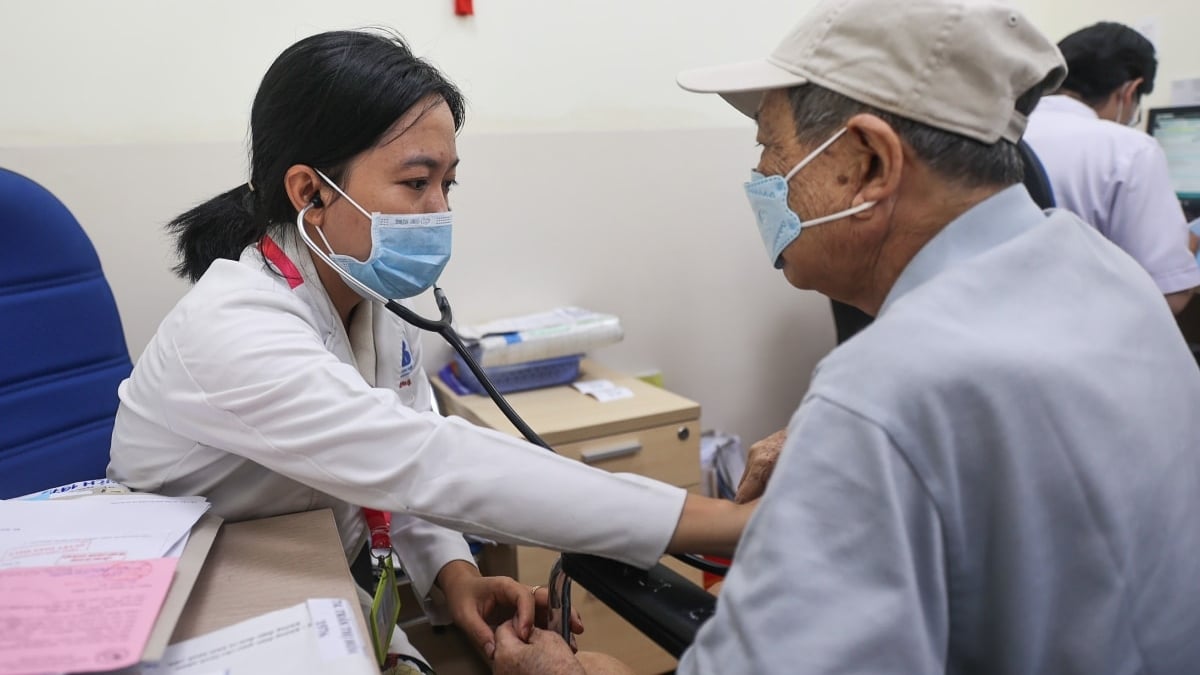
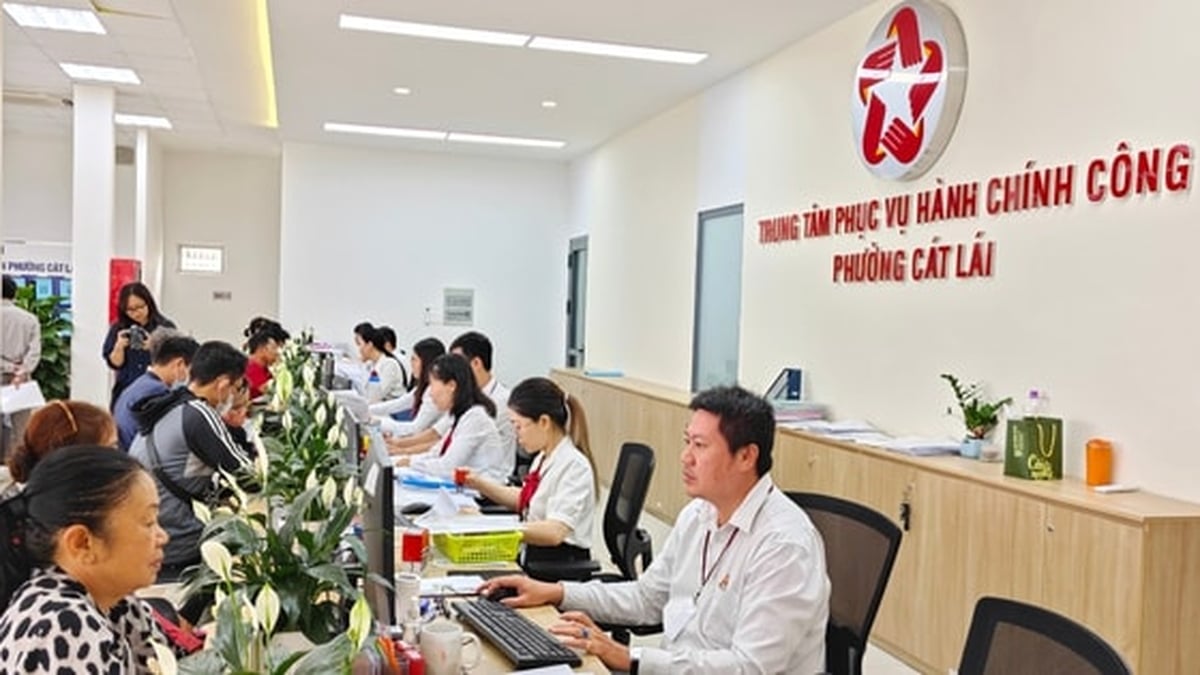

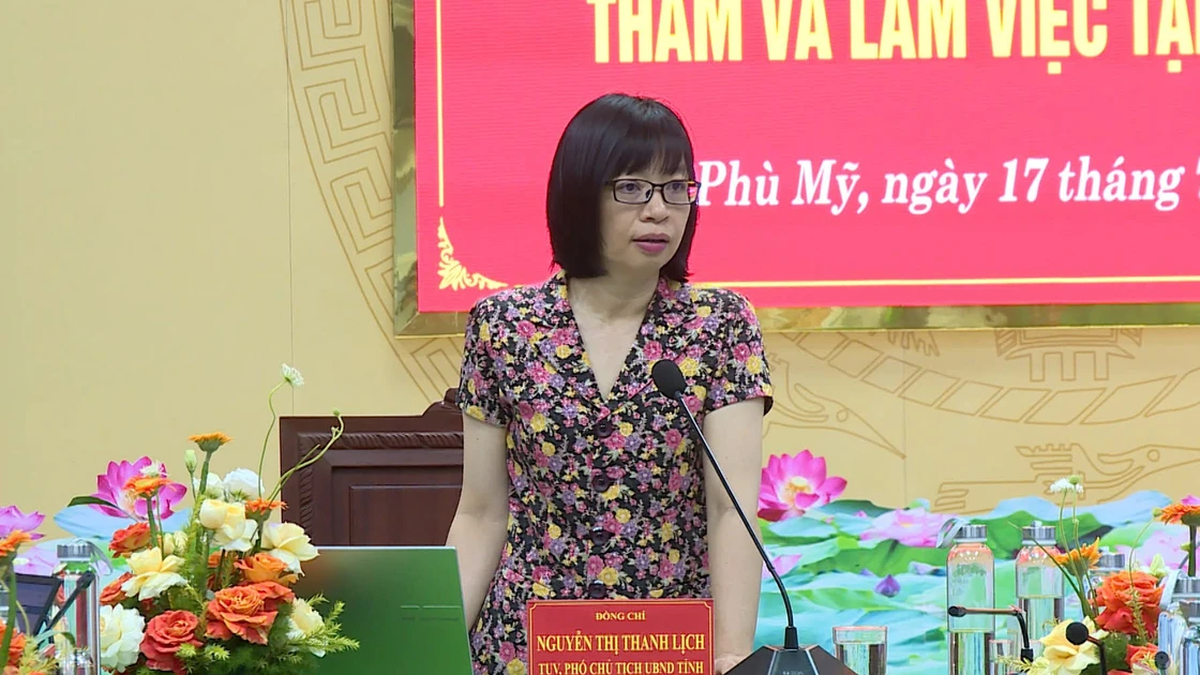




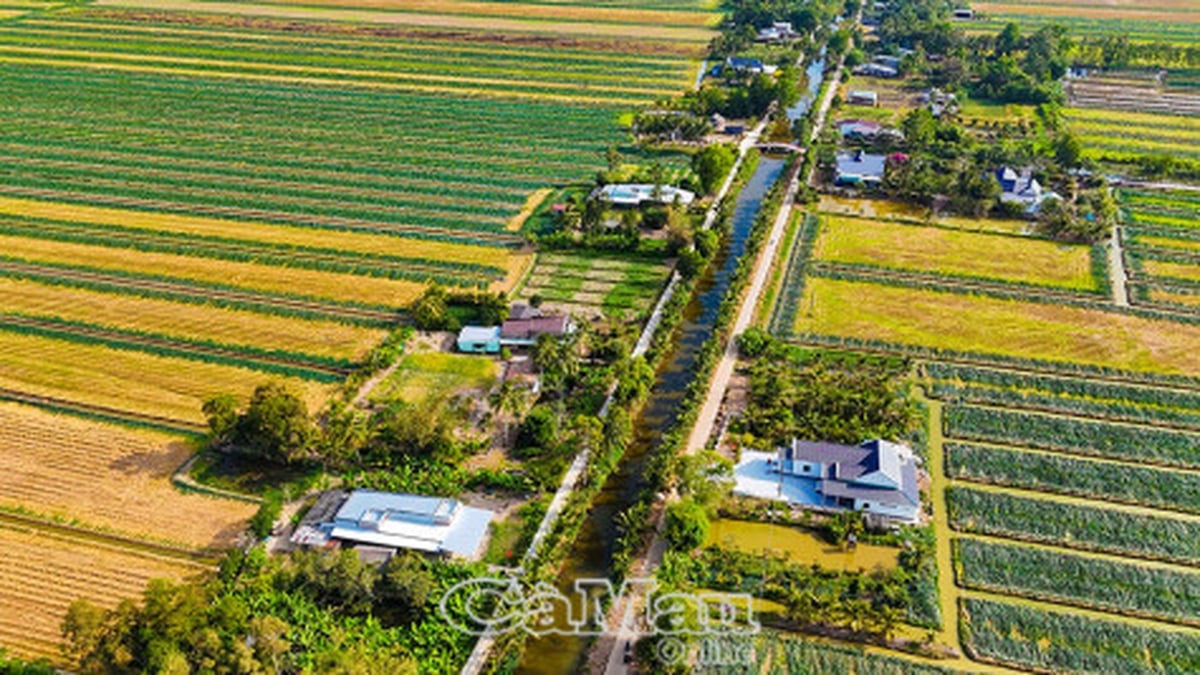
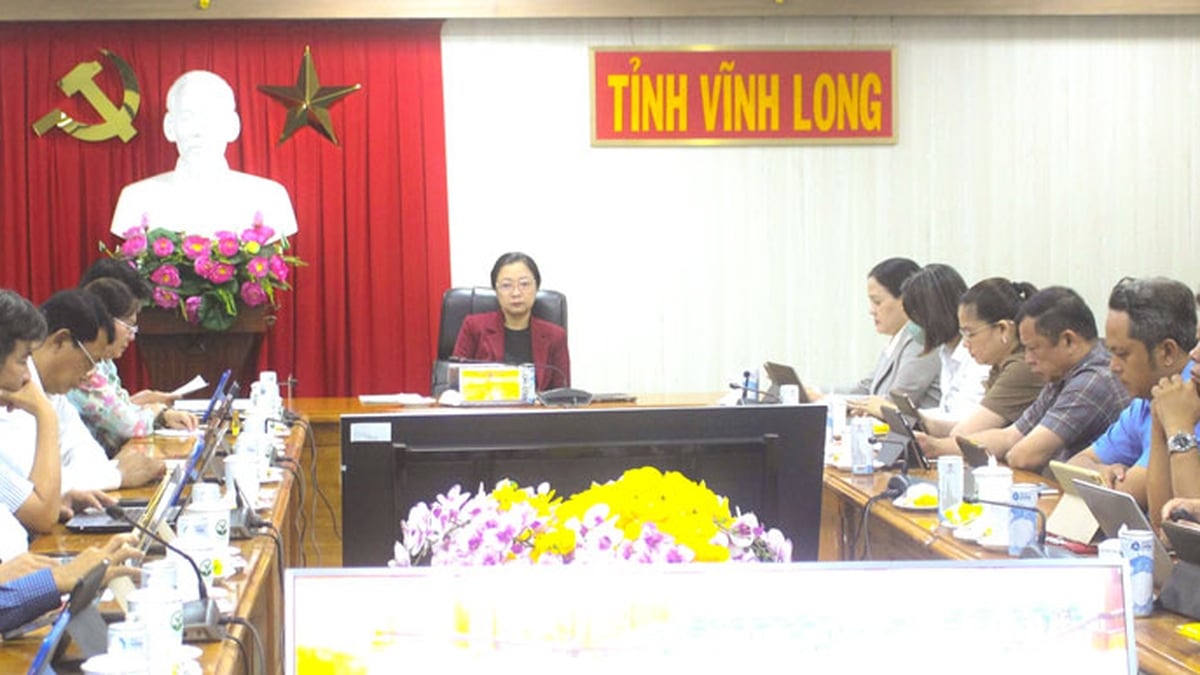









































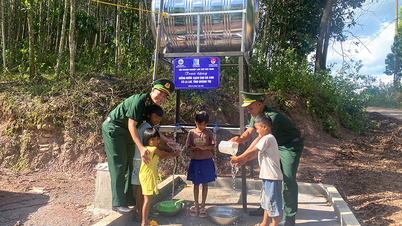







![[Maritime News] More than 80% of global container shipping capacity is in the hands of MSC and major shipping alliances](https://vphoto.vietnam.vn/thumb/402x226/vietnam/resource/IMAGE/2025/7/16/6b4d586c984b4cbf8c5680352b9eaeb0)






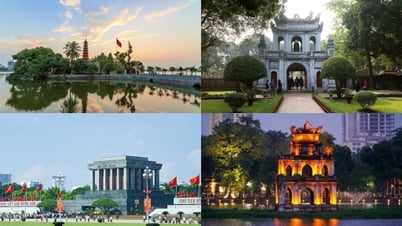



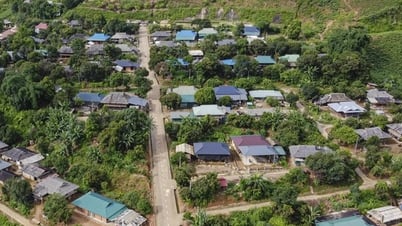



























Comment (0)